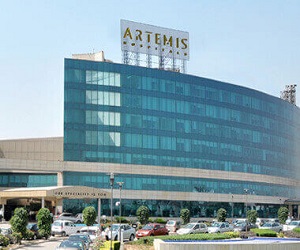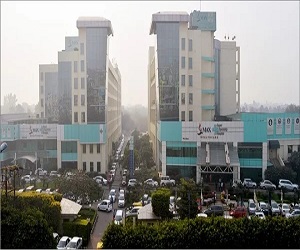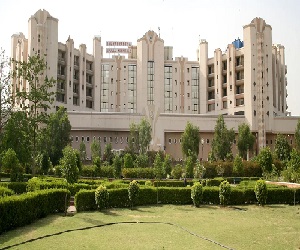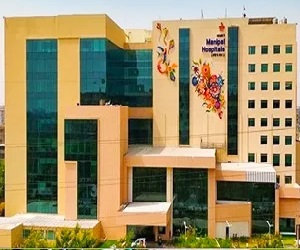Multiple myeloma is a type of cancer that affects plasma cells in the blood. While it is currently incurable, various therapies can slow its progression and alleviate symptoms.
Symptoms of Multiple Myeloma
Early stages of multiple myeloma often present no clear symptoms, making it hard to detect. Some common symptoms include:
- Loss of appetite
- Low red and white blood cell counts
- Decreased platelets
- Bone pain
- Fatigue
- Elevated calcium levels
- Constipation
- Kidney damage
Causes of Multiple Myeloma
Multiple myeloma begins with a single abnormal plasma cell in the bone marrow. These cells multiply rapidly, failing to die off as normal cells do, and eventually overcrowd healthy blood cells. This can weaken the immune system, produce dysfunctional antibodies, and lead to complications such as kidney damage and bone deterioration.
Diagnosing Multiple Myeloma
Diagnosing multiple myeloma is challenging due to its subtle initial symptoms. Comprehensive evaluation is crucial for proper diagnosis and treatment.
- Primary Evaluation: Initial assessment for signs like unexplained bleeding or bone pain, leading to a referral to a hematologist if multiple myeloma is suspected.
- Blood Tests: Complete blood count (CBC) to check blood cell volumes, plasma viscosity, and erythrocyte sedimentation rate (ESR).
- Calcium Levels: To assess bone health.
- Urine Tests: To detect abnormal proteins from cancerous plasma cells.
- Kidney Function Tests: To measure blood urea nitrogen levels and evaluate kidney health.
- Imaging: MRI, CT scans, and X-rays.
- Electrophoresis: To measure immunoglobulin levels.
Confirming Diagnosis
A bone marrow biopsy is essential to confirm the presence of cancerous cells and definitively diagnose multiple myeloma.
Treatment Options
First Stage: Induction Therapy
Induction therapy is tailored to the patient’s age and overall health, aiming to reduce the number of abnormal plasma cells and the proteins they produce. It is administered to patients with symptomatic multiple myeloma before high-dose chemotherapy. This therapy typically involves a combination of targeted therapy, chemotherapy, and corticosteroids over several months.
Second Stage: Autologous Bone Marrow Transplant
A common treatment involves a high dose of chemotherapy to eliminate cancer cells, followed by the infusion of the patient’s stem cells into their bloodstream. This approach is used for both autologous and allogeneic transplants.
These treatment stages, offered by specialized medical centers in India, aim to manage multiple myeloma effectively, improving patient outcomes and quality of life.
Multiple Myeloma Treatment cost in India are as follow
| Treatment | Cost in USD | Stay in Hospital |
| Multiple Myeloma Treatment | 12500-14500 | 3-4 weeks |
| Bone Marrow Transplant | 14500-19500 | 3-4 Weeks |
| Lymphoma Treatment | 15500-17500 | 3-4 Weeks |
| Thalassemia Treatment | 14500-19500 | 7-10 Days |
| Acute Leukemia Treatment | 15000-19500 | 3-4 Weeks |














